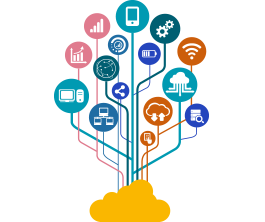14 misunderstandings with regard to biometric identification and authentication
Joint paper of the Spanish data protection authority, Agencia Española de Protección de Datos (AEPD), and the European Data Protection Supervisor (EDPS) on 14 misunderstandings with regard to biometric identification and authentication.
The use of biometric data for identification and authentication purposes is not new but has greatly increased in recent years. Along with its growing popularity, unfortunately, some misconceptions about the technologies involved have become widespread.
The objective of this document is to raise awareness about some misunderstandings about biometric technologies, and to motivate its readers to check assertions about the technology, rather than accepting them without verification.
